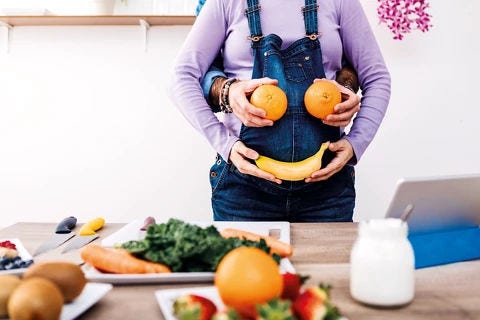- Recording your temperature
Since your body changes temperature during ovulation, this gives you a useful way of predicting when you are at your most fertile.
Your body temperature drops just before and rises just after ovulation has taken place, so you can predict your ovulation cycle by recording your temperature regularly. This means taking it at the same time every morning, before you do anything else – including having a sleepy cuddle or getting out of bed. It will take a couple of ovulation cycles before you notice a pattern in your recordings. You should notice that your temperature is higher by about 0.2°C for about three days of the month. Just remember, it’s the days immediately before your temperature goes up that you are most fertile.
- Use an ovulation predictor kit
You can also buy ovulation predictor kits at large chemists and most large supermarkets. They contain sticks that you use to test your urine, a bit like a pregnancy test. The sticks test for a hormone which is particularly high just before ovulation.








